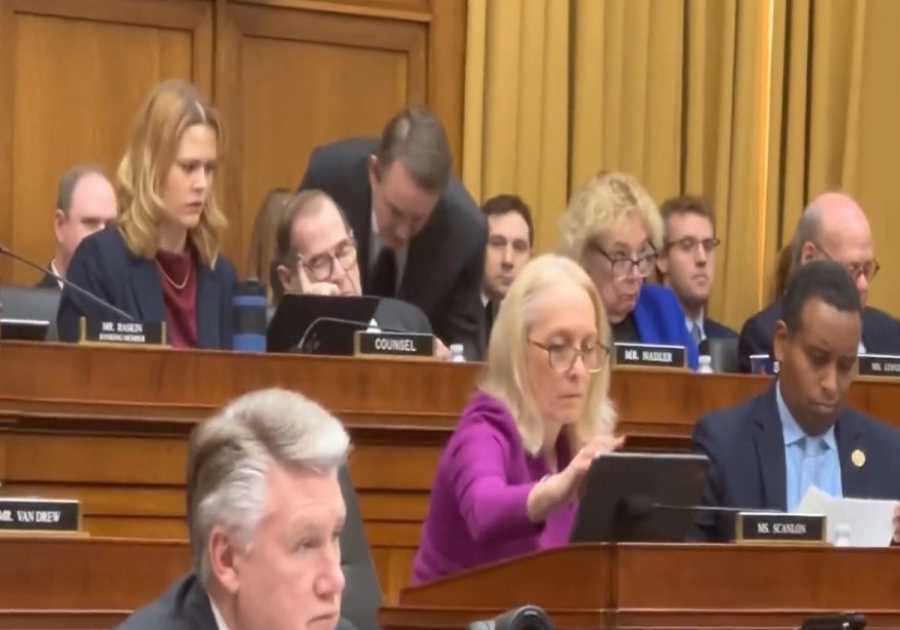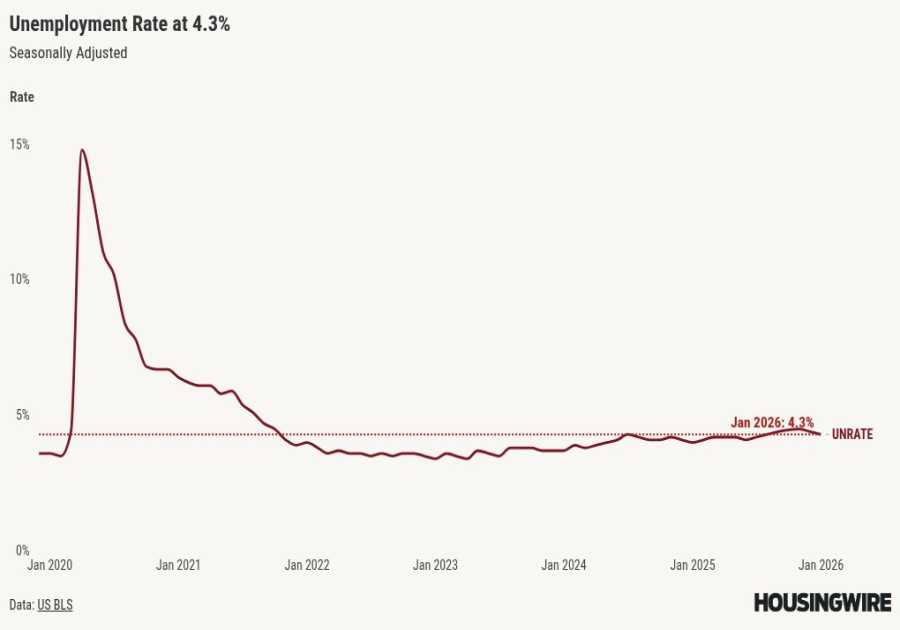Mortgage rates had been moving downward of late, but the positive momentum reflected in purchase application activity lost steam this week.
HousingWire’s Mortgage Rates Center on Tuesday showed that rates rose slightly during the past week, ending a two-week pattern of declines. Rates for 30-year conventional loans averaged 6.86%, up 1 basis point from one week ago. Rates for 30-year loans through the Federal Housing Administration (FHA) were up 1 bps to 6.56%, while rates for 30-year jumbo loans rose 2 bps to 6.51%.
Headwinds for mortgage pricing arrived Tuesday in the form of rising inflation through the Consumer Price Index (CPI). Prices rose 2.7% on annualized basis in June, up from 2.4% growth in May, and the news likely ends the faint hopes of a Federal Reserve interest rate cut later this month.
“The CPI data was tame, but you can see some tariff-induced inflation in some of the data,” HousingWire Lead Analyst Logan Mohtashami said. “Bond yields fell first but are now up 3-4 basis points, so same pattern — flat to slightly higher mortgage rates today.”
“Consumer prices accelerated from June on a seasonally adjusted basis, but the uptick was in line with consensus expectations,” First American senior economist Sam Williamson said in written commentary. “While shelter costs remained the primary driver of inflation, rising 0.2% month-over-month, the uptick in consumer prices signals that companies may be beginning to pass tariff-related costs on to consumers, a dynamic the Federal Reserve will monitor closely in the next few months.”
“While a September rate cut remains a possibility, today’s report likely reinforces the Fed’s cautious stance on rate moves. With inflation signals still mixed, the Fed appears inclined to wait for clearer evidence before making any policy moves.”
In April, President Donald Trump placed a 90-day pause on most tariffs. Last week, he extended the pause to Aug. 1 as the U.S. attempts to reach trade deals with other countries. Trump has said the Aug. 1 implementation date won’t be extended.
Melissa Cohn, regional vice president for William Raveis Mortgage, said that the multiple delays to the global tariffs may actually be a hindrance to the mortgage market in the long term. If the tariffs had gone into effect in July, Fed officials would’ve had two months of data to analyze before making a decision at their September meeting — but now they’ll only have one.
“There’s no magical solution [to bringing rates down],” Cohn said in written commentary. “We all had expected that rates were going to start coming down, but every time we think rates are dropping, we run into a circumstance where the opportunity has been lost due to a geopolitical issue, due to something going on with tariffs, or the new tax bill. … Just when you thought the timing was right, it gets blown.”
More on the tax bill
Mortgage and real estate trade groups have largely been supportive of Trump’s One Big Beautiful Act, which was signed into law over the July 4 weekend after a flurry of last-minute activity by the House and Senate to tinker with details and secure votes.
In particular, the National Association of Realtors (NAR) praised the bill due to the inclusion of several long-sought policy priorities. These include a permanent extension of lower individual income tax rates; a $30,000 increase in the yearly cap for state and local tax deductions; and a permanent extension of the mortgage interest deduction.
David Dworkin, the president and CEO of the National Housing Conference (NHC), also had good things to say about the legislation while tempering enthusiasm due to other parts of the president’s agenda.
In a letter published late last week, Dworkin noted that Trump’s fiscal year 2026 federal budget proposal would slash 44% from the U.S. Department of Housing and Urban Development (HUD). These cuts include the elimination of the HOME Investments Partnership Program and NeighborWorks America, the latter of which Dworkin called a “highly effective organization that serves the housing needs of communities throughout the United States, especially in underserved rural areas in red states.”
An analysis published in June by the Congressional Budget Office (CBO) projected long-term increases in 10-year Treasury rates, which mortgage rates tend to closely track. Compared to the CBO’s prior estimates from January 2025, the bill is expected to raise Treasury rates by 14 bps from 2025 to 2034.
“In the short run, the bill would increase aggregate demand, increase employment, and put modest upward pressure on inflation,” the analysis explained. “CBO expects that monetary policy officials would slow the decline of their target for the federal funds rate in response to those economic changes — increasing it relative to CBO’s January projections. In the near term, the changes in the path of the target rate would put upward pressure on the federal government’s longer-term borrowing rates.
“In the longer run, the bill would increase government borrowing rates relative to CBO’s January 2025 projections through two channels. First, greater federal borrowing would push up interest rates. Second, the bill would increase the supply of labor relatively more than it would increase the size of the capital stock. The resulting reduction in the amount of capital per worker would also increase interest rates.”
------------Read More
By: Neil Pierson
Title: What will happen to mortgage rates after inflation went up?
Sourced From: www.housingwire.com/articles/what-will-happen-to-mortgage-rates-after-inflation-went-up/
Published Date: Tue, 15 Jul 2025 17:06:07 +0000
.png)





